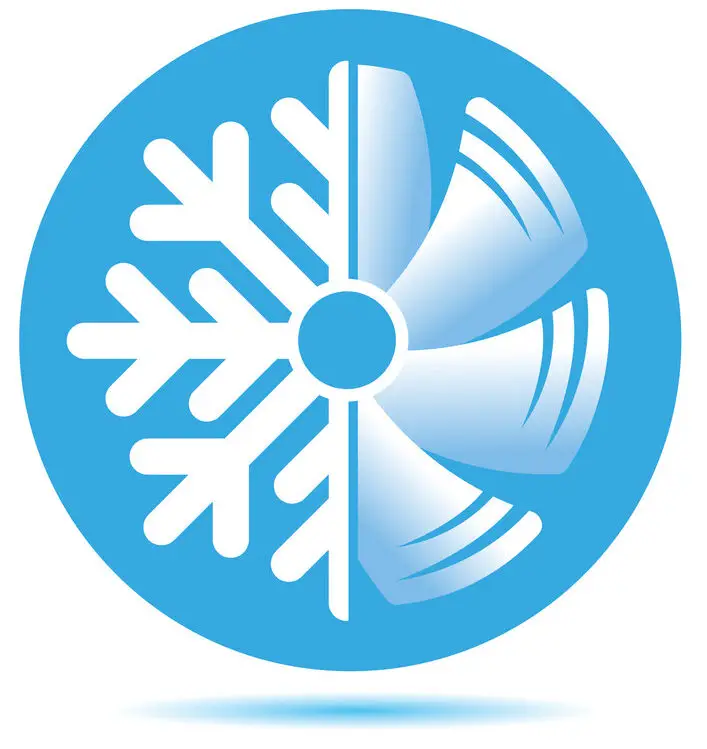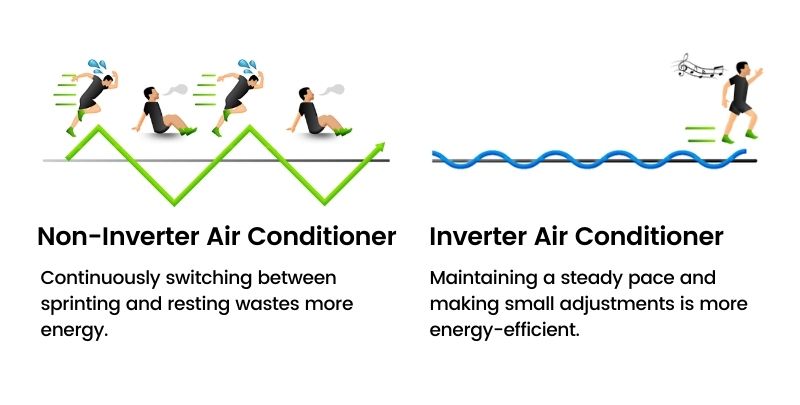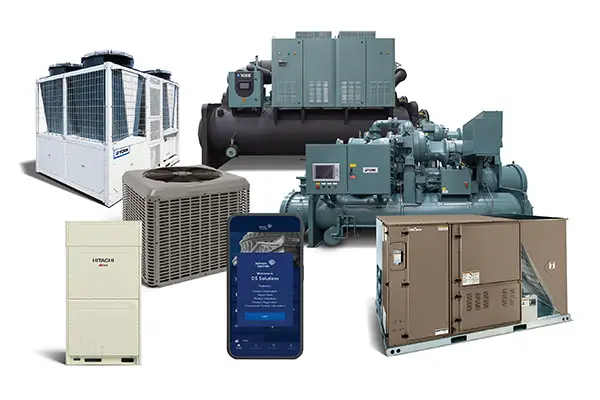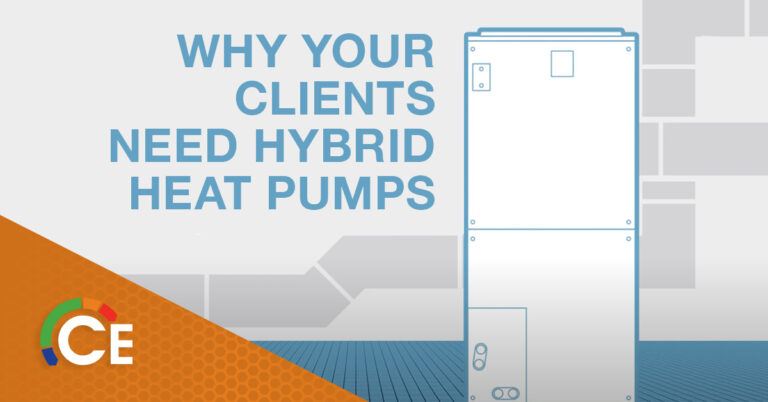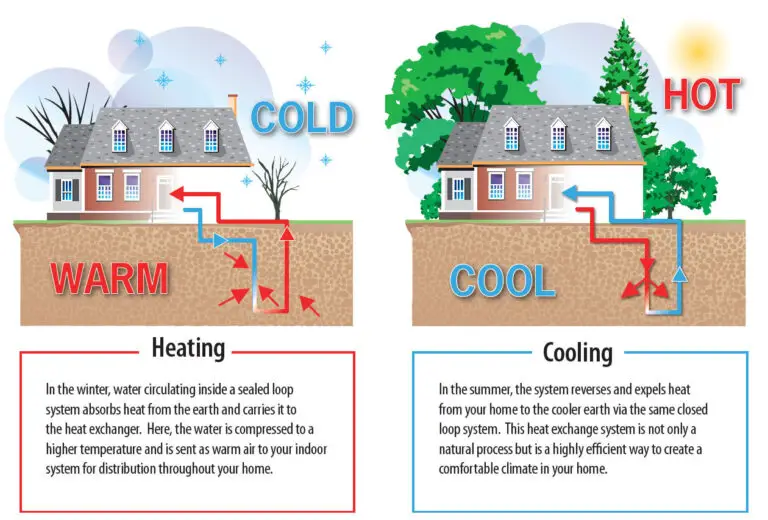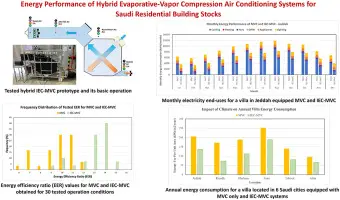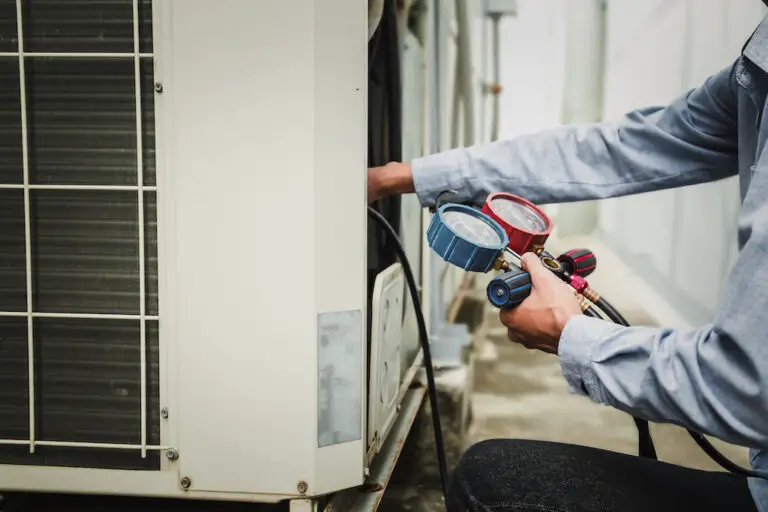Inverter Technology: The Key to Enhanced Efficiency in Hybrid Air Conditioning
The HVAC industry is continually innovating to meet the dual challenge of rising energy costs and environmental sustainability. One of the most significant advancements in this space is the adoption of inverter technology in hybrid air conditioning systems. This technology is not just a buzzword; it’s a driver of tangible, long-term benefits that revolutionize how we cool and heat our spaces.
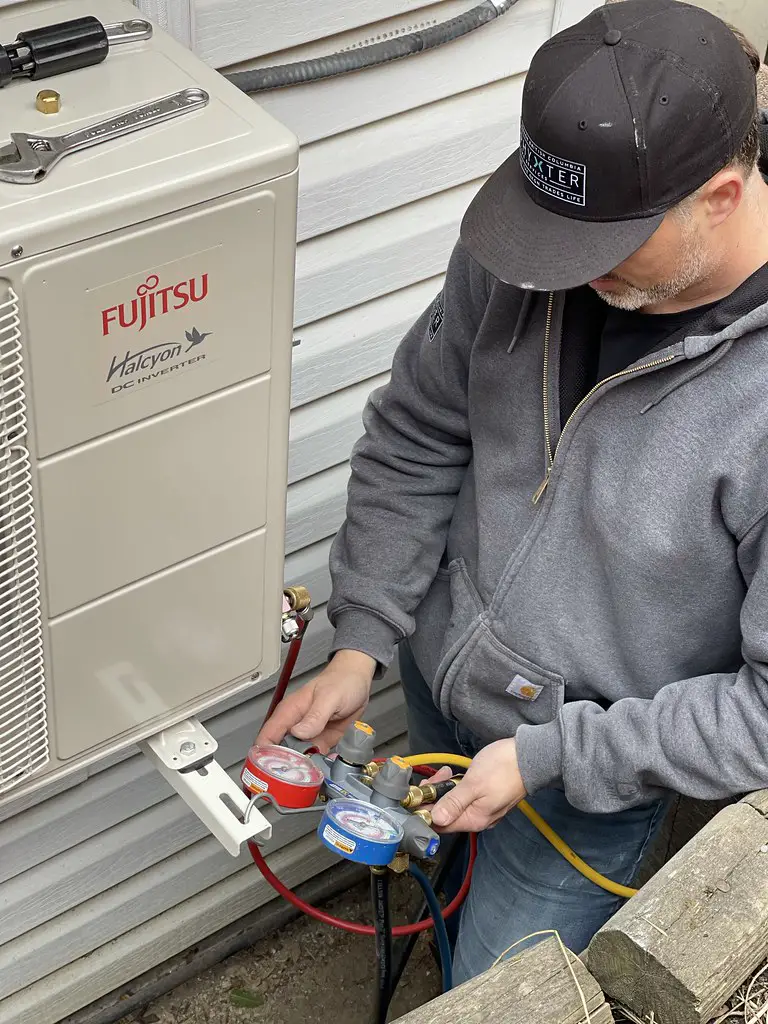
Understanding Inverter Technology
Inverter technology operates on a simple principle with complex execution: modulate the output of a compressor to match the cooling or heating demand in a building. Unlike traditional air conditioning units, which operate on a binary system of being either on or off, inverters vary their speed, leading to enhanced efficiency and comfort.
How Inverter Technology Works
At the heart of inverter technology is the inverter module, which controls the speed of the compressor motor, and therefore the refrigerant flow rate and the cooling or heating output. This continuous modulation allows systems to maintain precise temperature control and adjust for factors like ambient temperature and the building’s unique thermal profile.
Benefits in Air Conditioning
The benefits of inverter technology are numerous. Efficiency gains are perhaps the most immediate and compelling, with inverter-driven systems regularly achieving energy savings of 30% or more compared to their traditional counterparts. These systems also boast quieter operation, reduced start-up times, and the ability to dehumidify air more effectively.
Enhanced Efficiency in Hybrid Air Conditioning
Hybrid air conditioning systems take the advantages of inverter technology to another level. These systems are designed to intelligently balance the use of electricity and other energy sources, often incorporating energy recovery systems and dynamic load management.
Traditional vs. Hybrid Systems
In a traditional system, the compressor runs at full capacity until the set temperature is reached, then shuts off, cycling on and off as needed. Hybrid systems use inverter technology to maintain a consistent load on the compressor, which means it doesn’t have to work as hard or waste energy by frequently turning on and off.
Energy-Saving Features and Cost Effectiveness
These systems not only save on energy bills but can also qualify for incentives aimed at promoting energy-efficient technologies. Through heat recovery and optimized operation, they contribute to lower peak energy demand, which can result in significant cost savings for commercial and industrial users.
Installation and Maintenance Considerations
The implementation of inverter technology in hybrid air conditioning systems introduces new considerations for installation and maintenance. HVAC professionals should be prepared to handle these systems with specialized knowledge and tools.
Ready for the Switch
To install hybrid AC systems effectively, professionals must receive training on inverter technology to ensure they understand the differences in wiring, refrigerant management, and system diagnostics.
The Ongoing Advantage
While maintenance of hybrid systems is not fundamentally different, the continuous operation of components that come with inverter technology can lead to longer-lasting, more reliable systems if properly managed. Professionals must ensure regular checks of compressor filters, refrigerant levels, and electrical systems to guarantee optimal performance.
Case Studies and Real-World Applications
The success stories of inverter technology in hybrid air conditioning are rapidly growing. With each new installation, businesses and industrial facilities are experiencing the immediate and long-term benefits that come with these systems.
Scaling Efficiency
Inverter-driven hybrid systems have proven particularly effective in large-scale applications, like manufacturing plants and data centers, where maintaining a stable, energy-efficient climate is essential. Case studies show substantial reductions in energy consumption and a corresponding decrease in greenhouse gas emissions.
Niche Applications
Even in more niche environments, such as in precision climate control for laboratories and medical facilities, inverter technology has demonstrated its ability to provide the consistent, reliable performance required, often with a significant reduction in power usage and carbon footprint.
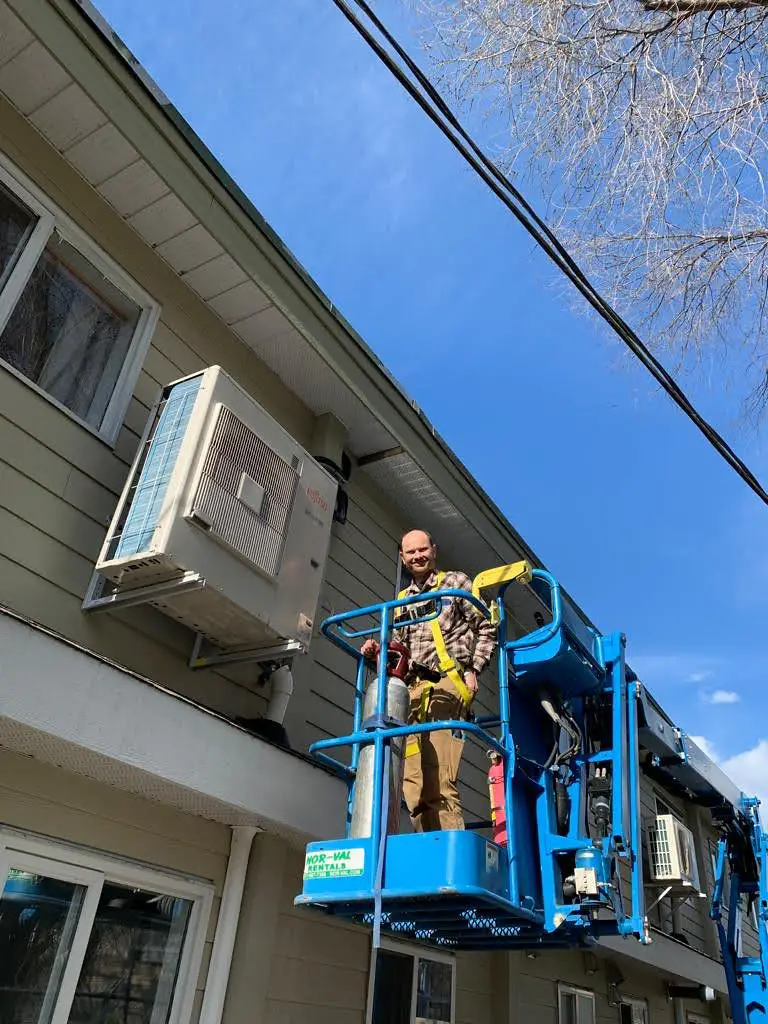
Conclusion
Inverter technology is not just a passing trend—it’s a fundamental shift in how we approach air conditioning. Hybrid systems are the future of efficient climate control, and the HVAC industry must adapt to this technology. Professionals who position themselves at the forefront of hybrid AC installation and maintenance will not only provide better service to their customers but will also be poised to reap the benefits of this growing market trend. Energy efficiency isn’t just about reducing costs; it’s about building a more sustainable future for the planet, and inverter technology is a crucial tool in that mission.
